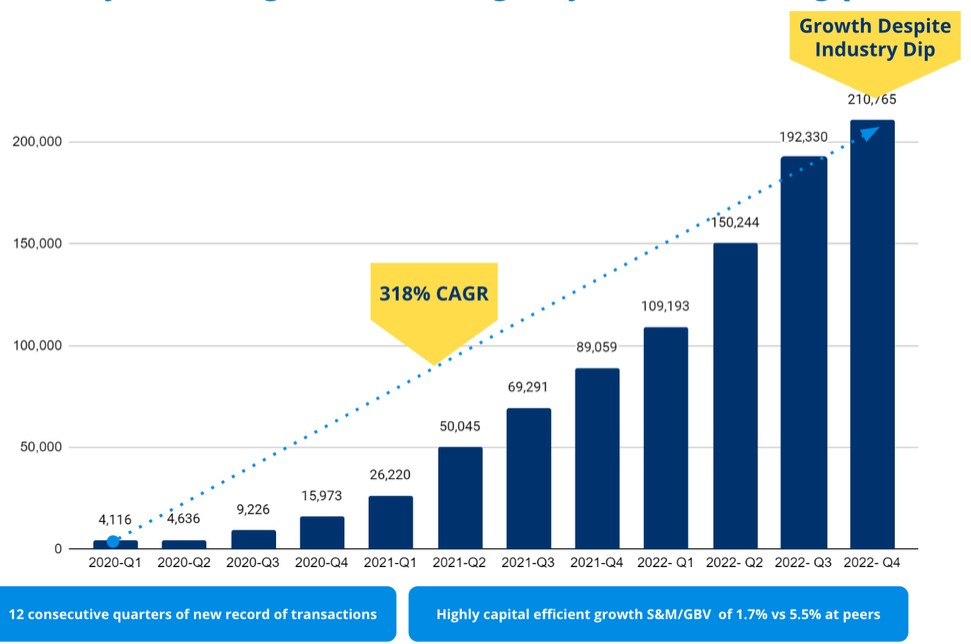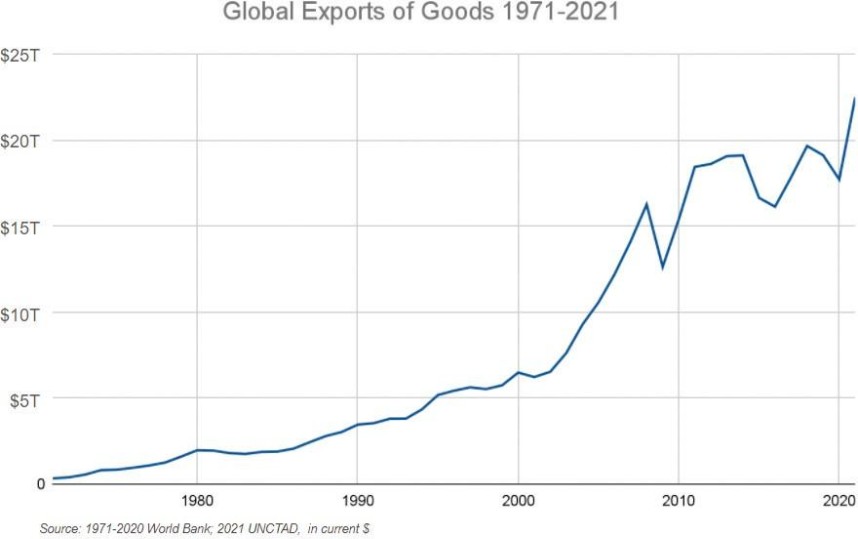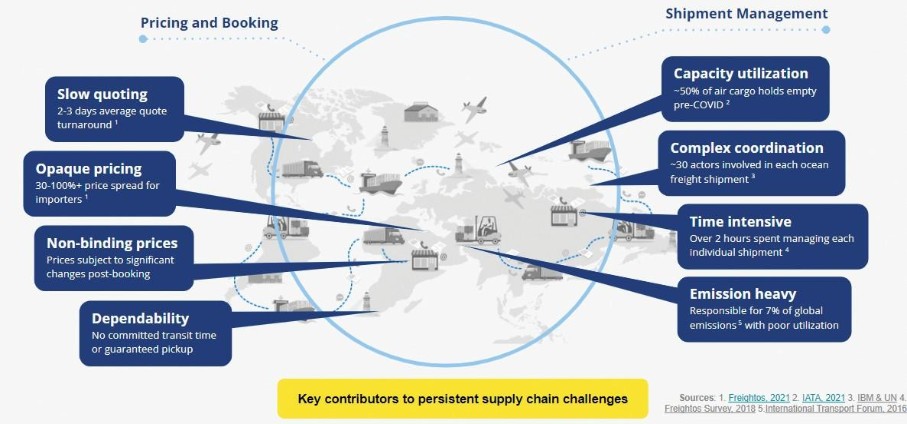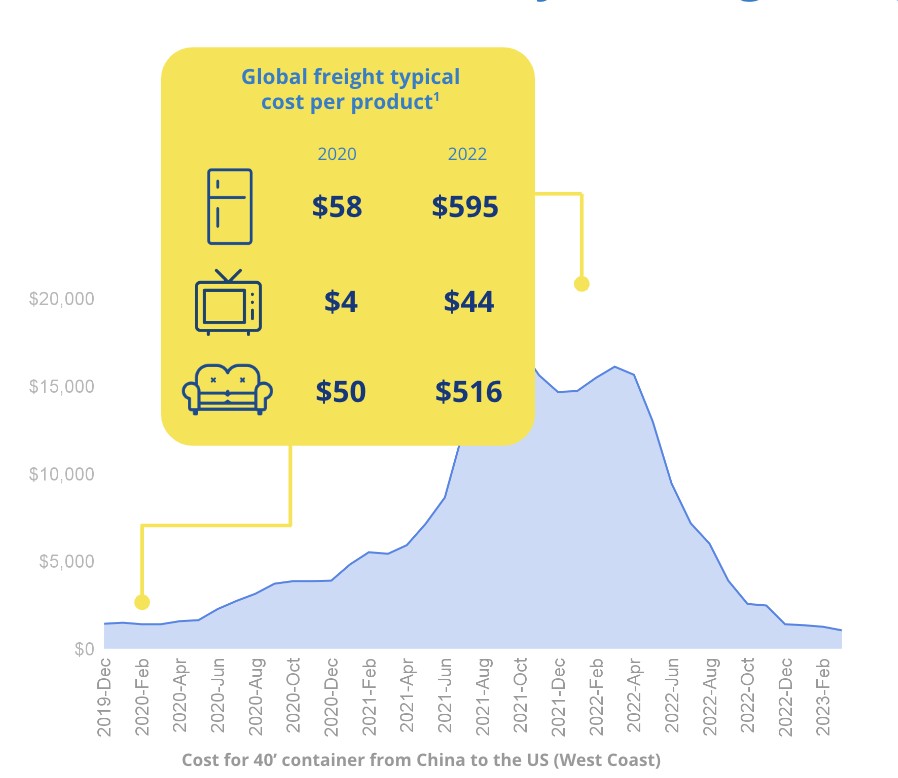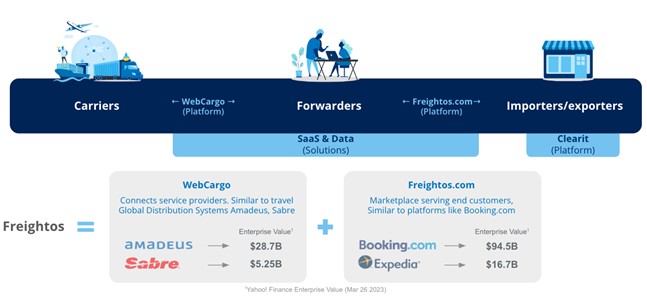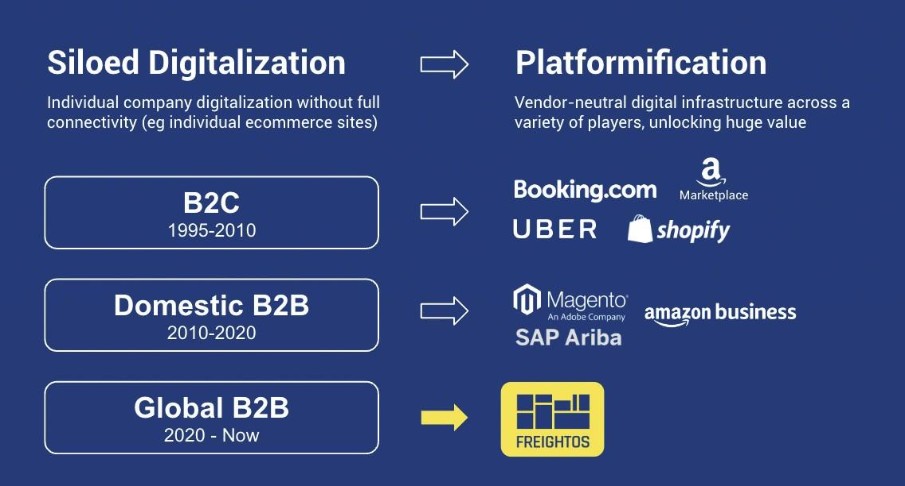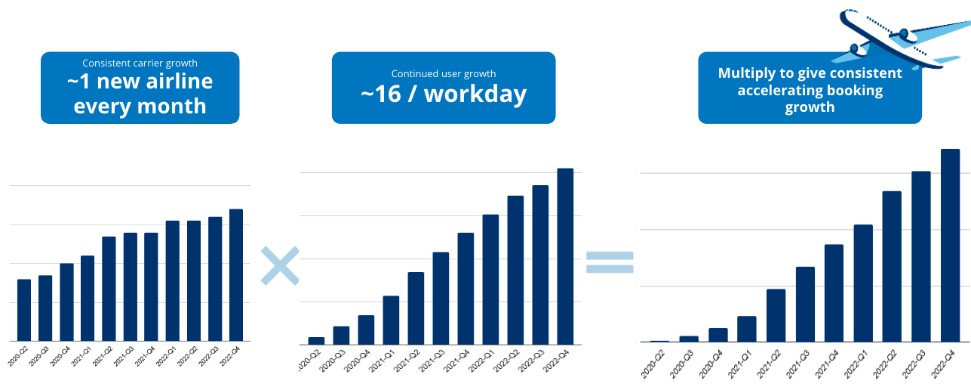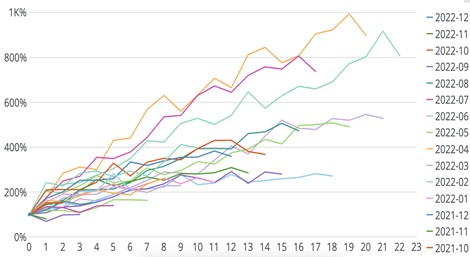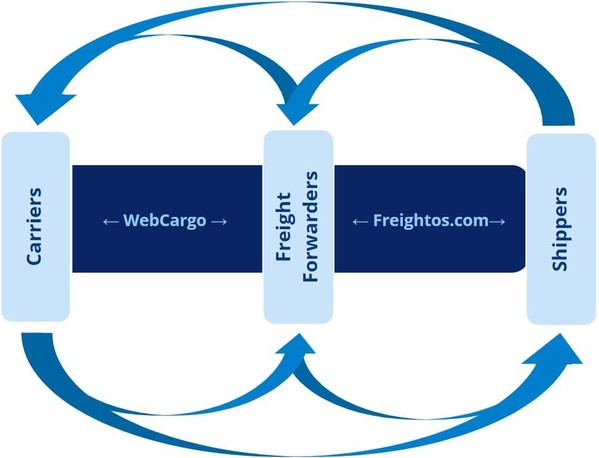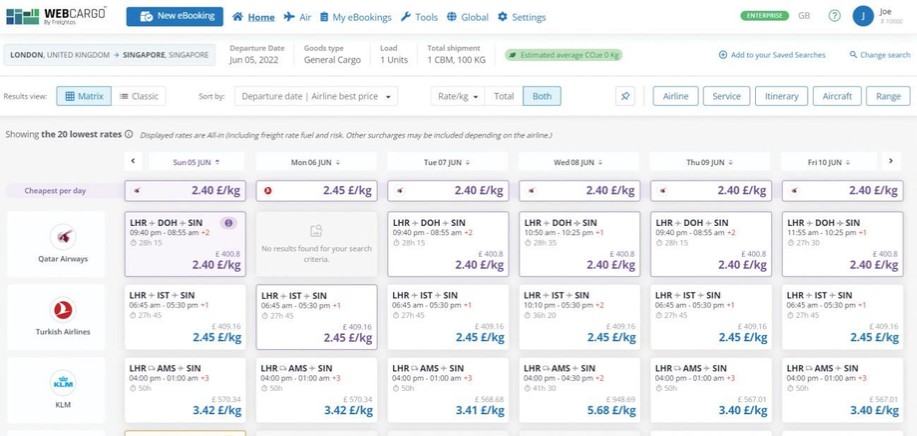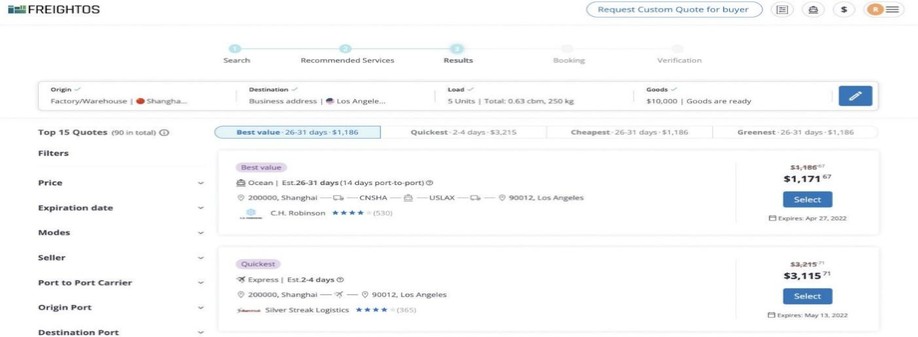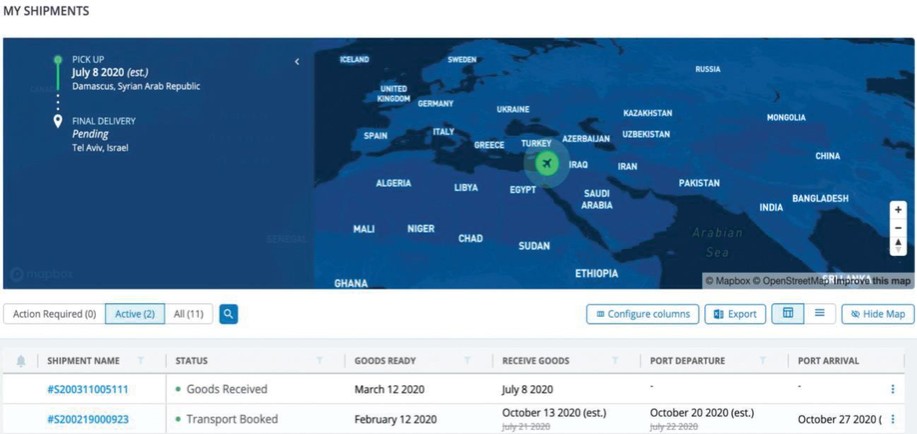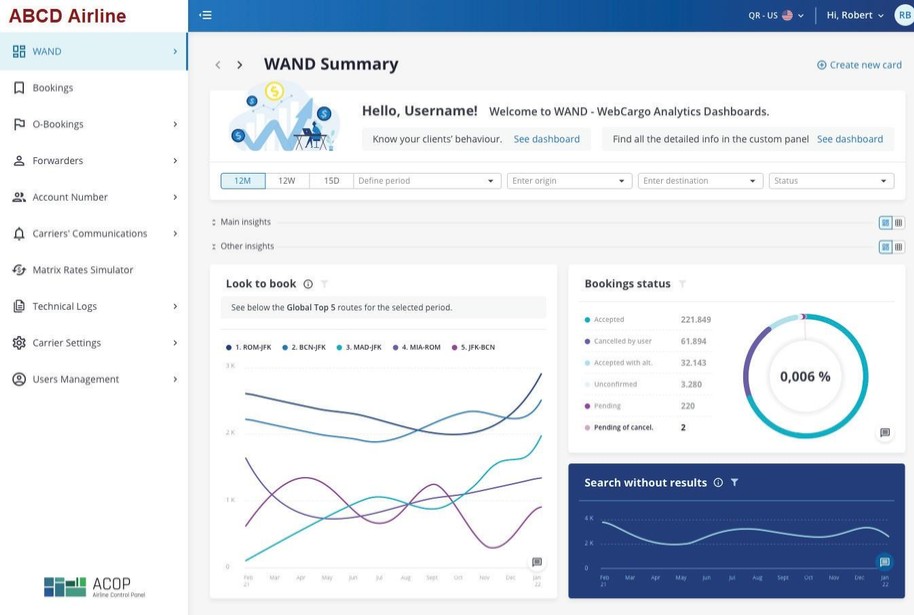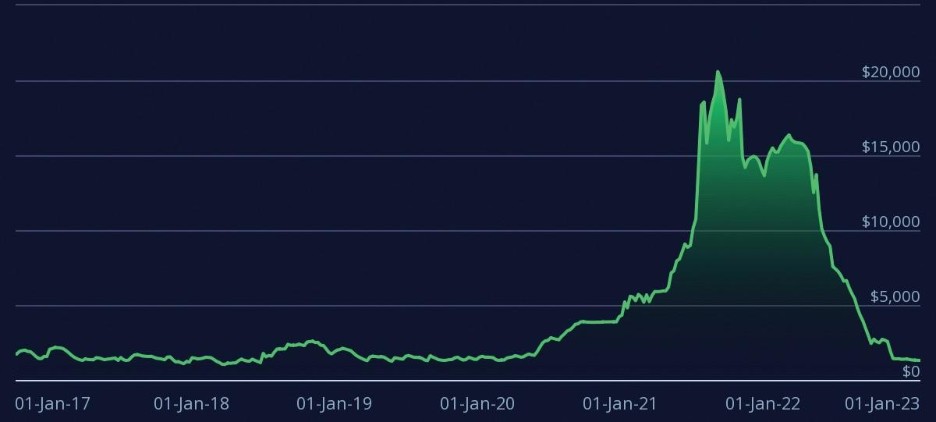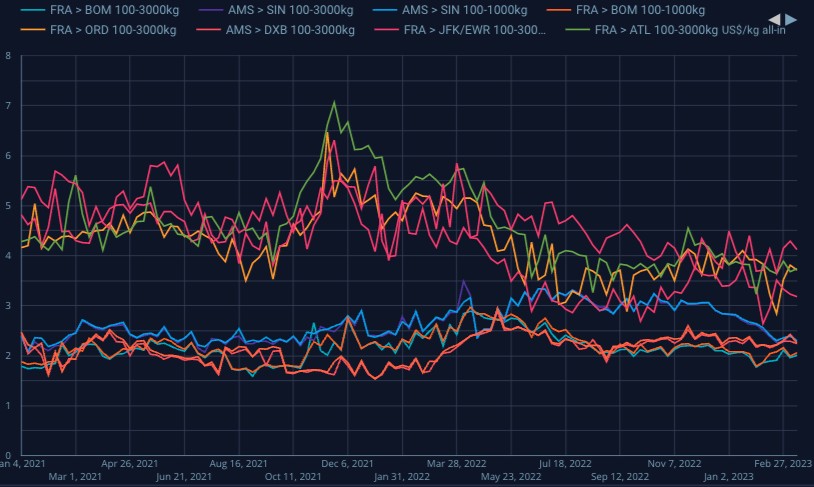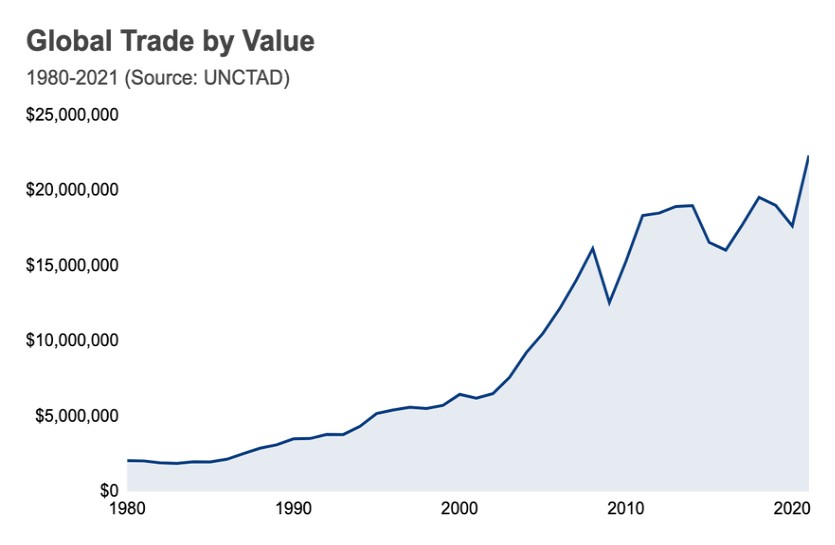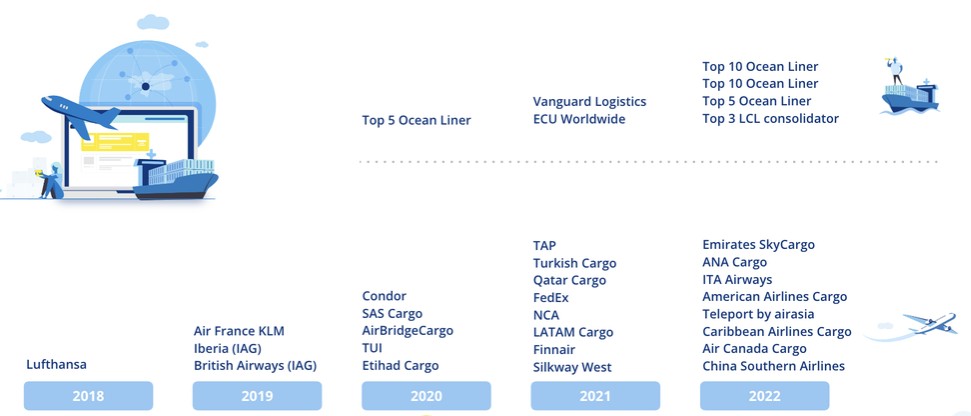According to U.S. and Canadian government data, Clearit competes with approximately 11,300 U.S. customs brokers and approximately 300 Canadian customs brokers. However, very few of these competitors are able to service SMB importers with a similar level of online service and most have far less automation.
Regulation
Data Privacy
Freightos uses, collects, stores, transmits, transfers, and processes customer and supplier data in the ordinary course of business. As Freightos’ products are designed to assist business customers with shipping management, in the ordinary course of business, when providing its services, only a limited portion of the customer data that Freightos uses, collects, stores, transmits, transfers and processes constitutes personal data, personally identifiable information, personal information, or a similar term (collectively herein “personal data”). In the course of providing its services, Freightos obtains personal data in the form of business contact information of importers/exporters, suppliers, customers, prospects, and other persons. Freightos also obtains personal data from employees, contractors, applicants, whether current, former, or prospective and, as applicable, family members or designees.
Freightos is required to comply with local, state, federal, and foreign laws and regulations pertaining to the collection, storage, transmission, transferring, processing, and security of personal data. Regulators around the globe and in countries in which Freightos operates have promulgated and are continuing to adopt laws, implementing regulations, and offering guidance pertaining to the collection, storage, transmission, transferring, processing, and security of personal data. The applicability of these laws, regulations, and guidance is continually evolving, sometimes uncertain, and in some circumstances, conflicting between and among jurisdictions. Although certain of these laws are not applicable to business contact information or employee data, these laws still remain pertinent to Freightos’ operations. Further, regulators are continuing to propose and adopt new laws and regulations designed to safeguard personal data and to provide additional rights to data subjects. We anticipate that the volume and scope of such laws will increase, and, as a result, Freightos’ costs and efforts to comply with such laws will increase. It may be costly to implement security or other measures designed to comply with these laws. Any actual or perceived failure to safeguard personal data or other information in Freightos’ possession or control, appropriately destroy or redact such data, or otherwise comply with these regulations may subject Freightos to litigation, regulatory investigations, or enforcement actions, thus causing damage to Freightos’ reputation and adversely affect the Company’s ability to attract or retain customers.
Among other laws, the following jurisdictions in which Freightos operates have enacted legislation pertaining to privacy, data protection and cybersecurity. For more information, please see the risk factor titled, “— Regulatory, legislative or self-regulatory/standard developments regarding privacy, data security, and information security matters could adversely affect our ability to conduct our business and cause increased costs of compliance.”
United States
In contrast to other countries around the world, the United States has not implemented a comprehensive data protection law at the federal level, instead the United States has taken a sectoral approach to data privacy and security, legislating in areas of specific risk, including, financial privacy, children’s privacy, and healthcare privacy, among others. In addition to the sector-specific laws, the United States regulates privacy through the Federal Trade Commission Act’s restriction on unfair and deceptive trade practices.
In addition to the federal laws, several states have adopted comprehensive data protection laws. As one example, the CCPA includes additional and more stringent requirements on businesses that are subject to the law. Other states including Colorado, Virginia, Connecticut, and Utah have also passed comprehensive data protection laws, none of which are identical. In addition, numerous states have pending data protection or issue-specific privacy laws. Freightos will need to evaluate the scope to which any of the foregoing laws is applicable and take the necessary steps to comply.
In addition to the above laws focused on data privacy, federal regulators and some states have adopted laws and guidance aimed at data security in Freightos’ possession and control. Although the states vary in scope, and are largely focused on personal data as compared with all data and intellectual property, certain of the laws may have an impact on our approach to data protection and cybersecurity. At a minimum, these laws may require that we maintain a written information security program and an incident response plan.
